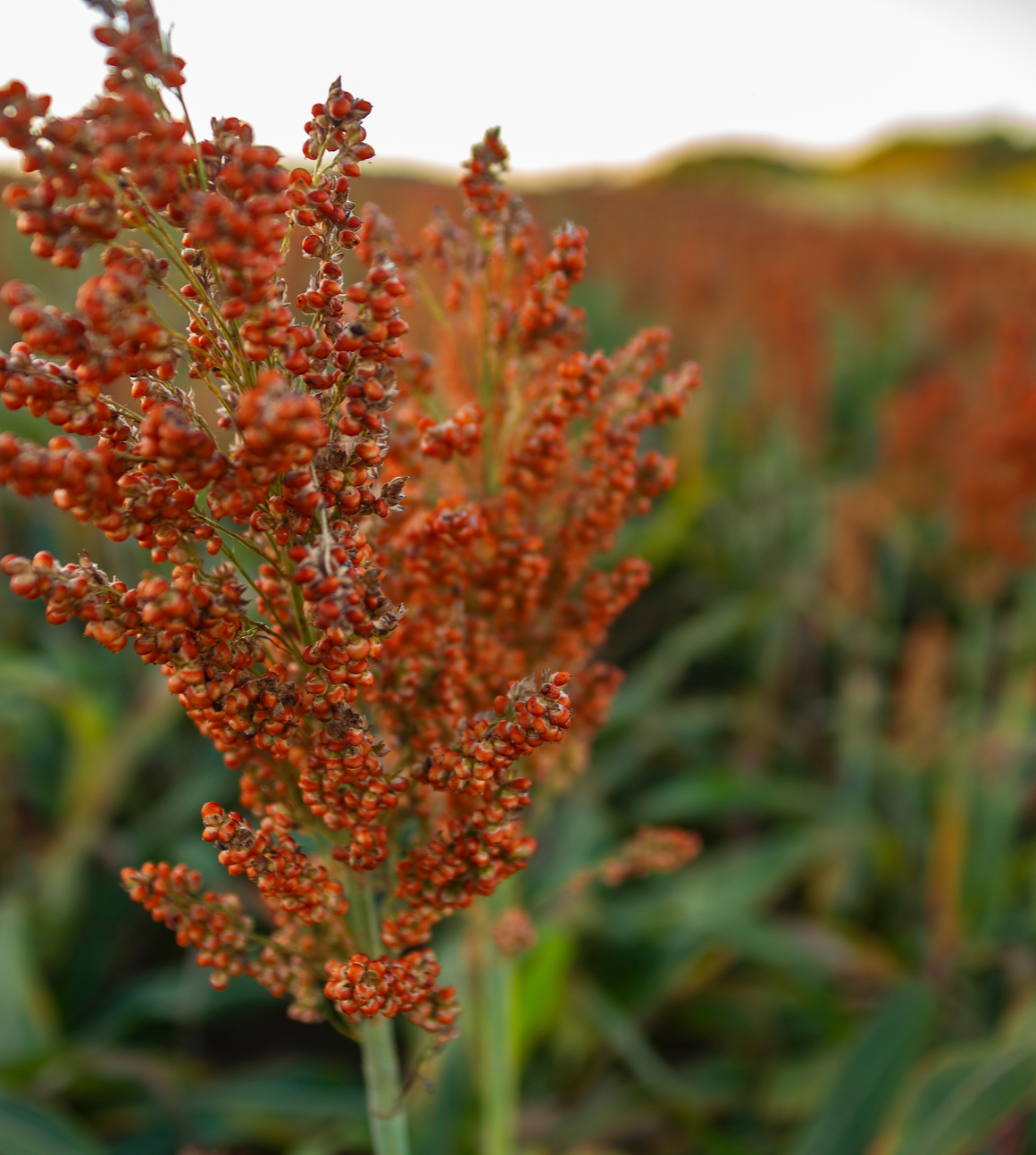Manufacturing process
Manufacturing of Kin Wang Baijiu
Kin Wang Baijiu is crafted with only the finest selection of red sorghums, alongside water harvested from the Chishui river. The river’s ecosystem has been rumored to be a critical ingredient granting Moutai’s success.
As Kin Wang Baijiu is produced through traditional distillation processes, it is part of a highly exclusive segment that constitutes less than 2% of the Chinese alcohol market.
Kin Wang baijiu has characteristics resembling soy sauce. Therefore, it is necessary to increase the accumulation of aroma during the production. The production processes are highly complicated and need to be carefully controlled.
Kin Wang Baijiu is produced in Guizhou province. This is an area with the rare climate characteristics that are perfectly suited for Baijiu production – mild winters and hot summers, low wind and rainfall, but high temperatures and humidity.


Much like the French ‘appellation d’origine contrôlée’ for Champagne and Cognac, authentic 53% Kin Wang Baijiu can only be produced in the town of Moutai, where the water from the nearby Chishui River and base sorghum from Ren Huai Town are used.
The product is crafted by hand over one year, using techniques that have been passed down for generations. It is then aged in ancient stone-lined pits for a minimum of four years to create a complex flavour profile, one with a lingering aftertaste and a fragrance that is said to be reminiscent of soy sauce.
Kin Wang Baijiu is considered an ultra-premium and prestigious Baijiu due to its complex and stringent “12987” brewing process (1 year) and the storage period of at least 4 years (longer than any type of Baijiu). It takes at least 5 years to produce and mature a bottle of Kin Wang Baijiu.
Also, main ingredients such as Sorghum and Water from the Chishui River can only be found in Guizhou province. As a result, a limited supply of raw materials and vintage alcohol limits its production, thus commanding a premium over the other types of Baijiu in the market.


